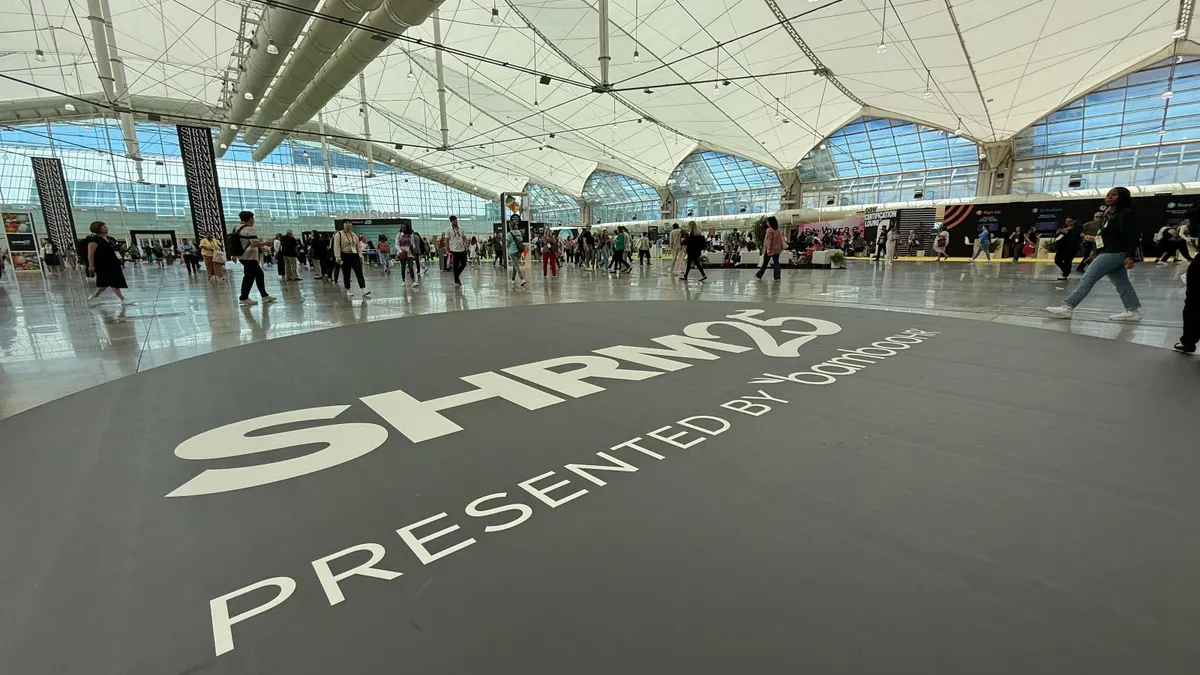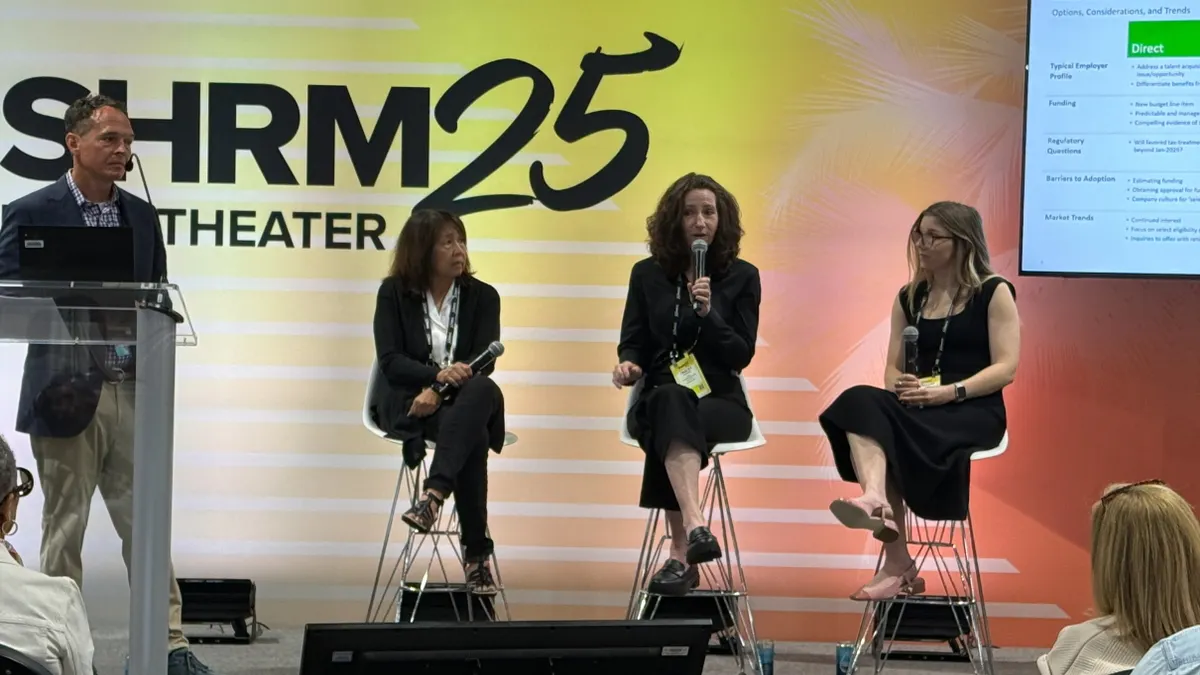On Friday, July 3, a new law known the Retail Workers Bill of Rights will shake up San Francisco’s retail industry. How far out will the tremors of this trend reach?
According to one expert, the concept may indeed get traction, as workers in the retail industry see unpredictability in scheduling as a major roadblock in keeping their lives in balance (and their bills paid). States, including New York and California, are pondering similar laws, while Senator Elizabeth Warren (D-Mass.) is also trying to get a regulatory bill passed.
Employees at San Francisco retail operations (stores, restaurants, movie theaters, hotels, etc.) classified as “formula retail” will now enjoy these new rights. In terms of employers, if they have 20 or more San Francisco-based workers and 40 or more global locations, they qualify as formula retail. The San Francisco Business Times reports that 1,250 formula retail establishments affected account for just 12% of all retailers in San Francisco, but employ nearly half of all the city's retail workers.
Among other changes, qualifying employers must give workers at least two weeks advance notice on scheduling. They also can’t hire new workers or use contingent help unless they already offered in writing more hours to their existing part-time workers (and were turned down by them). Finally, workers “on call” whose shifts are canceled within a 24-hour window must be paid extra.
While retail businesses are, of course, not thrilled with the prospect of having to devote more time and effort (read: cost) to managing their workforces, John Orr, senior vice president of Retail Strategy and Execution at Ceridian, a human capital management (HCM) provider, says that the Retail Worker Bill of Rights trend may be adopted on a much wider basis. But he is not sure it’s the answer.
“With every legislative rock we throw at retailers [minimum wage, Affordable Care Act, etc.], it represents a real cost and of course impacts their margins,” Orr says. “So from a retailer standpoint, they will always look to the stores to recoup.”
However, when it comes to predictability and fairness, Orr says it used to be that retail employees could simply leave and go find better working conditions. It is still the case today, but only if you are a top performer.
Orr says predictability and fairness are more than reasonable demands, and if it is your family member having to continually disrupt life events because of work unpredictability or unfair working conditions – it brings the issue home.
“I believe this trend will be adopted on a wider basis, but the trick is to ensure that good intentions do not result in poor outcomes, which can happen too often today in business,” he says.
Orr explains that these laws would improve work-life balance. But he also believes retailers should address the root cause and not let the government attempt to govern symptoms and characteristics.
“If retailers did a better job planning, there would not be a need for unpredictable call-in shift scenarios unless completely voluntary on behalf of the retail worker,” he says. For example, employers could offer a premium to employees who agree to be more flexible.
On the downside, parts of the law -- premium pay for sudden schedule changes, for instance -- would be downright untenable for some businesses. He cites the example of a theme park, where severe weather impacts traffic in a way an employer can't predict. Using the San Francisco law, the theme park would be significantly penalized by having to pay for work not required (though it would only qualify if the parent company has 40 locations globally).
Orr adds that retailers need to address the root cause, not the characteristic or symptom. For example, better planning will eliminate the need for call-ins altogether.
“Many retailers do not properly plan for traffic levels or know what their service level measures and commitments are,” Orr says, adding that improved foresight and evaluating shopper-to-associate ratios – and how best to plan for proper coverage during perishable demand times or power hours – could sweep away the need for call-ins, and most, if not all, of the bill of rights issues.
Employers could take advantage of tech-based solutions that offer real-time information, alerts and stop-gap safety nets automated to catch any workers that fall through the cracks.
“Technology-wise, retailers can’t get that unless they leverage current-day solutions built within the last seven years,” he says. “If the foundation is older than that, retailers will continue to waste time, money and resources, and be punished by government fines, potential class action lawsuits, and much more.”
For now, only time will tell how this type of legal mandate will work, as both critics and supporters alike won’t know until the law has time to take hold. As for employers in San Francisco facing the Retail Workers Bill of Rights, Littler, the employment law firm, offered this practical advice in a blog post:
- Modify policies and procedures inconsistent with the new law and consider including the new law’s requirements in policies and procedures.
- Train human resources and managerial staff on the law’s new requirements.
- Begin to draft the necessary notices of work schedules to be used when the ordinances are implemented, as well as other notices required under the ordinances.
- Consider adding a description of the affected employees’ rights in existing employee handbooks.


















